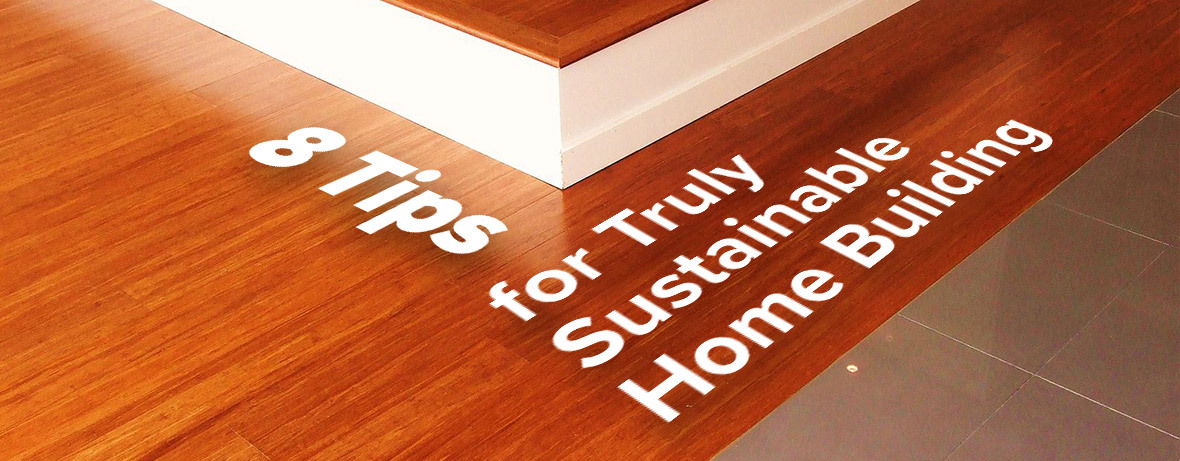
How to Build a Hurricane Proof House in Florida
Florida, often hailed as the Sunshine State, is no stranger to the annual threat of hurricanes. As a resident or potential homeowner, one can’t help but feel the looming presence of these powerful storms. In light of this, the demand for hurricane-proof houses in Florida has grown exponentially. Now, more than ever, homeowners are seeking solutions that not only ensure the safety of their loved ones, but also provide a sustainable and energy-efficient lifestyle.
6 Little Known Energy Wasters Affecting Your Low-Rise Construction
By identifying these energy wasters, you can take the necessary steps to make the building more efficient.

Decoding Net-Zero Homes: Understanding the Concept and How to Build

Reaching the Tipping Point — ICF vs. Wood Framing

What is a Frost Wall? 5 Tips to Maximize Insulation

A Guide to Designing an Energy-Efficient Building in a Hot Climate
Revit Family Configurator

5 Trends in Modern Office Building Design
In 2020, office building design trends strive to save money and provide a safe, healthy, and productive workspace.

8 Tips for Sustainable Home Building

5 Considerations for Your Next Convenience Store Construction Project